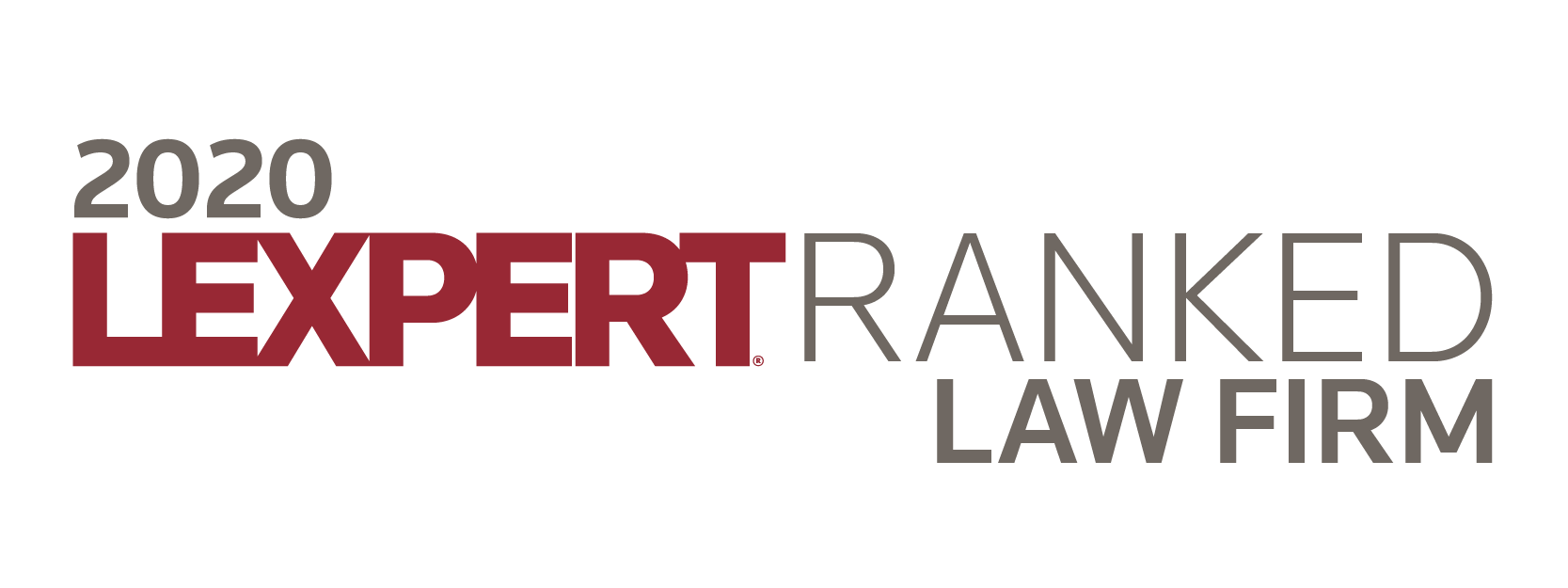The Government of Canada extends the Mineral Exploration Tax Credit for an additional year
On March 28, 2024, the Department of Finance Canada announced a one-year extension to the 15% Mineral Exploration Tax Credit (“METC”) available to investors in flow-through shares. The extension means that the METC will be effective until March 31, 2025. This announcement came at a time when uncertainty loomed over the industry and some stakeholders feared that the government would not renew the METC. Over time, this tax credit has become a key component of flow-through share financings. It is intended to enhance the tax deductions already available to flow-through share holders and ultimately help companies raise capital for mineral exploration. The METC was last renewed in 2019 for a five-year period, indicating the government’s long-term commitment to the sector at that time. And while this renewal is welcome news for exploration companies, it should be noted that the shorter one-year horizon of the extension does not provide the same assurance regarding the incentive’s future. It is possible that this one-year renewal reflects the government’s intention to promote the new 30% Critical Mineral Exploration Tax Credit (“CMETC”) instead, on which more information can be found here: Federal Budget 2022: Good News for Mining Exploration Companies! In closing, it is important to note that the one-year extension to the 15% METC will not affect the period during which the 30% CMETC is available for critical mineral exploration, which will end on March 31, 2027, and is subject to renewal. If you were planning on financing non-critical mineral exploration, you may want to complete this transaction in the coming year in order to benefit from the 15% METC. Our team of professionals specializing in securities, mining law and taxation is available to answer any questions you may have concerning this new measure and to guide you in arranging a successful flow-through financing.





